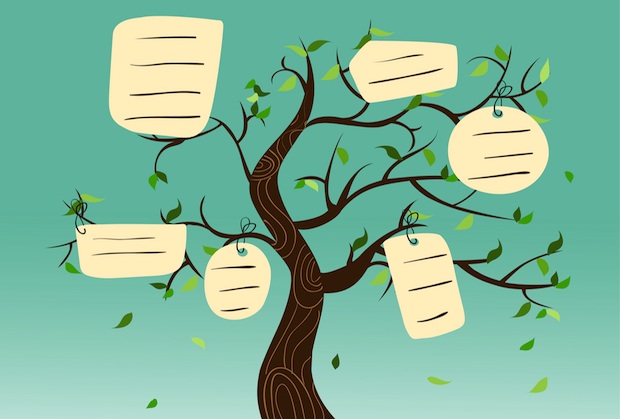As Father’s Day approaches, the power of names in general – and fathers’ names in particular – is very real to me. In the words of William Shakespeare: “What’s in a name? That which we call a rose/By any other name would smell as sweet.” Juliet, by inviting Romeo to deny his father’s name and be “baptized” instead as her lover, is arguing that names don’t really matter.? And as much as that is true, it’s also false.
We have three daughters, and who knows what family name they’ll each choose as they (hopefully) find love and marriage in their journeys? I could certainly be the last Hirschfield in my line, if they take a spouse’s name. And while it never bothered me while my dad was alive, I think about it now with some uneasy feelings.
Is it simply that, following my father’s death, I’m increasingly aware of my own mortality and desire for legacy?? That’s almost certainly part of it. However, I think it’s as much about my dad as it is about me. When I think of what would be lost, were there no more Hirschfields, my name’s disappearance isn’t what’s troubling. It’s the disappearance of my father’s name.
In truth, he probably wouldn’t have cared that much about his name continuing. His life lessons and his reputation? Definitely!
I want the world to hear the name that defined my father – and I don’t mean ‘Seymour.’ I want to know that another generation will not only build as he built, love as he loved, parented as he parented and “spouse” as he “spouse’d” – but will connect that to him, and to family history. So yeah, names do matter. And my dad’s name matters.
Then, I think not about his name, but who he was. How my father lived wasn’t a function of his name. And in truth, he probably wouldn’t have cared all that much about his name continuing. His life lessons and his reputation? Definitely! But the name Hirschfield? Probably not so much. I think he’d have stood firmly in the Juliet camp, choosing love over branding, any time. And when push comes to shove, so would I. In a heartbeat.
Perhaps the takeaway – the lesson I learn by reflecting on the meaning of Father’s Day, even when my father has died – is that as fathers (and mothers), we should worry less about the family name and more about its values. And rather ironically, we may then be more likely to raise children who, because love and values trump name and “brand,” end up worrying about the perpetuation of the family name!
I have no doubt that, having committed himself to raising a family in that way, my father’s story will live on – as all of our stories will, if we too make that choice – regardless of the name under which it goes.

Listed for many years in Newsweek as one of America’s “50 Most Influential Rabbis” and recognized as one of our nation’s leading “Preachers and Teachers,” by Beliefnet.com, Rabbi Brad Hirschfield serves as the President of Clal–The National Jewish Center for Learning and Leadership, a training institute, think tank, and resource center nurturing religious and intellectual pluralism within the Jewish community, and the wider world, preparing people to meet the biggest challenges we face in our increasingly polarized world.
An ordained Orthodox rabbi who studied for his PhD and taught at The Jewish Theological Seminary, he has also taught the University of Pennsylvania, where he directs an ongoing seminar, and American Jewish University. Rabbi Brad regularly teaches and consults for the US Army and United States Department of Defense, religious organizations — Jewish and Christian — including United Seminary (Methodist), Yeshivat Chovevei Torah (Modern Orthodox) Luther Seminary (Lutheran), and The Jewish Theological Seminary (Conservative) — civic organizations including No Labels, Odyssey Impact, and The Aspen Institute, numerous Jewish Federations, and a variety of communal and family foundations.
Hirschfield is the author and editor of numerous books, including You Don’t Have To Be Wrong For Me To Be Right: Finding Faith Without Fanaticism, writes a column for Religion News Service, and appears regularly on TV and radio in outlets ranging from The Washington Post to Fox News Channel. He is also the founder of the Stand and See Fellowship, which brings hundreds of Christian religious leaders to Israel, preparing them to address the increasing polarization around Middle East issues — and really all currently polarizing issues at home and abroad — with six words, “It’s more complicated than we know.”

